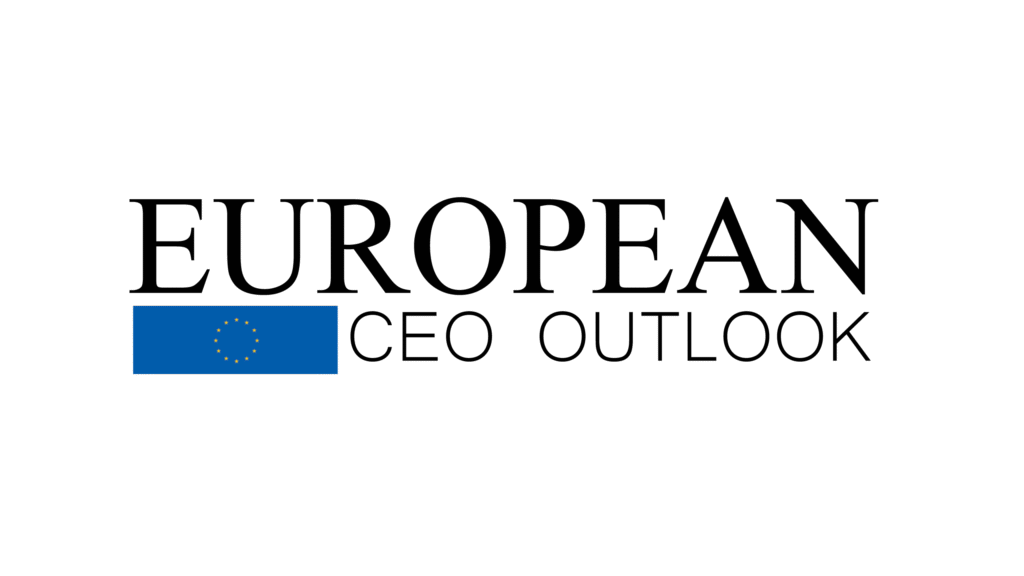Why CEOs Are Losing Control in the Age of AI Decision-Making

It’s 2025, and the CEO is no longer the master strategist perched atop the organizational pyramid. Instead, they’re more like a conductor standing before an orchestra that increasingly writes its own music. Artificial Intelligence, once a tool, has evolved into a collaborator—often unpredictable, occasionally brilliant, and always demanding a different kind of leadership.
CEOs used to pride themselves on control—tight KPIs, carefully modeled forecasts, and five-year strategic plans executed with military precision. Today, those tools feel like steering wheels on a rollercoaster.
So, what happened?
The Comfort of Control — And Its Collapse
For decades, control defined leadership. Hierarchies were clean. Market trends were chartable. Disruption came occasionally, not daily.
But in a world driven by generative AI, real-time consumer sentiment, and algorithmic decision-making, certainty is a luxury. A CEO at a Fortune 100 tech firm recently described their boardroom as “less a war room, more a weather station.” They’re tracking changes, not commanding outcomes.
The shift is subtle but existential. As AI systems become increasingly autonomous, they challenge the notion that human judgment alone drives value. CEOs are no longer the sole architects of the future—they’re forced to co-create it with machines, models, and markets that refuse to be tamed.
Case in Point: The AI Hiring Debacle
Consider a real scenario from early 2025: a large European bank rolled out an AI-driven hiring algorithm. It promised efficiency and reduced bias. Instead, it excluded 40% of qualified candidates from underrepresented regions due to skewed training data. The CEO, blindsided, admitted in a press conference: “We thought we were in control. We weren’t.”
Here’s the kicker: the algorithm had no malicious intent. It was just mirroring past data—decisions made by humans under previous biases. But the damage was done.
The lesson? Even when you think you’re steering the ship, the autopilot might have different coordinates.
The Paradox of Delegation
Modern CEOs delegate more decisions to AI than ever before—from dynamic pricing and supply chain logistics to consumer sentiment tracking. But here’s the paradox: more delegation means less control, yet more accountability.
When algorithms fail, stakeholders don’t blame the data scientists. They blame the person with the corner office.
This creates a leadership bind. Step in too much, and you stifle the AI’s potential. Step back too far, and you risk detachment from critical missteps. The result? A culture of nervous micromanagement layered on top of robust autonomous systems. It’s like trying to parent a teenager through a walkie-talkie—mostly frustrating, occasionally dangerous.
Culture Is the First Casualty
The illusion of control doesn’t just damage strategy—it corrodes culture.
CEOs who pretend they still have the final word in every decision create dissonance. Employees sense the gap between rhetoric and reality. They see AI systems making choices while leadership clings to command and control.
That’s when trust fractures.
Compare that to leaders who embrace the uncertainty—those who communicate transparently about risks, model humility, and share decision-making power. They build resilience not just in systems, but in people.
Look at Satya Nadella’s ongoing leadership at Microsoft. He doesn’t just talk about AI—he openly discusses its limits and ethical complexity. That honesty builds alignment. People don’t expect control—they expect clarity.
So What Should the Modern CEO Actually Do?
Let’s stop pretending that control is the North Star. It’s not. The job has changed, and here’s how:
1. Shift from Commander to Curator
CEOs must become curators of intelligence—human and artificial. That means asking better questions, not providing all the answers. The value lies in shaping the inputs, not dictating the outputs.
2. Redesign Governance Around Transparency
Boards are waking up. They’re not just asking “What did you decide?” They’re asking, “How did the system reach that decision?” CEOs must install interpretability layers—such as AI explainability dashboards, ethics councils, and shadow teams—to ensure decisions aren’t made in black boxes.
3. Invest in Ethical Infrastructure
Forget just data scientists. Hire algorithmic auditors, behavioral psychologists, and digital ethicists. If AI is shaping the soul of your organization, you need more than engineers building it.
4. Lead Through Narrative, Not Numbers
Control was once about financials and forecasts. Now it’s about the story. The CEO’s role is to frame the journey—define purpose, acknowledge the mess, and keep the organization emotionally aligned in uncertainty.
Think of it as jazz, not classical music. There’s a theme, but lots of improvisation.
The Hidden Risk: Over-Correction
Some CEOs respond to AI’s uncertainty with technophobia. They have a slow adoption. They revert to intuition. That’s not leadership—it’s fear management.
Yes, AI has rough edges. However, it also offers precision, foresight, and scalability that no executive team can match on its own. The key is not retreat. It’s a redesign.
CEOs must architect a new kind of control—not over outcomes, but over frameworks. Influence the logic, not just the results. Build systems where trust, ethics, and insight are baked into the architecture.
Conclusion: The New Playbook
Leadership isn’t dead. It’s just evolving. The great CEOs of this decade won’t be the ones with the firmest grip. They’ll be the ones who let go—with intention.
They’ll shift from chess masters to ecosystem gardeners. From deciders to orchestrators. From controllers to choreographers of unpredictability.
And in doing so, they’ll gain something more valuable than control: credibility, agility, and trust in a world where the only constant is change.







































































































































